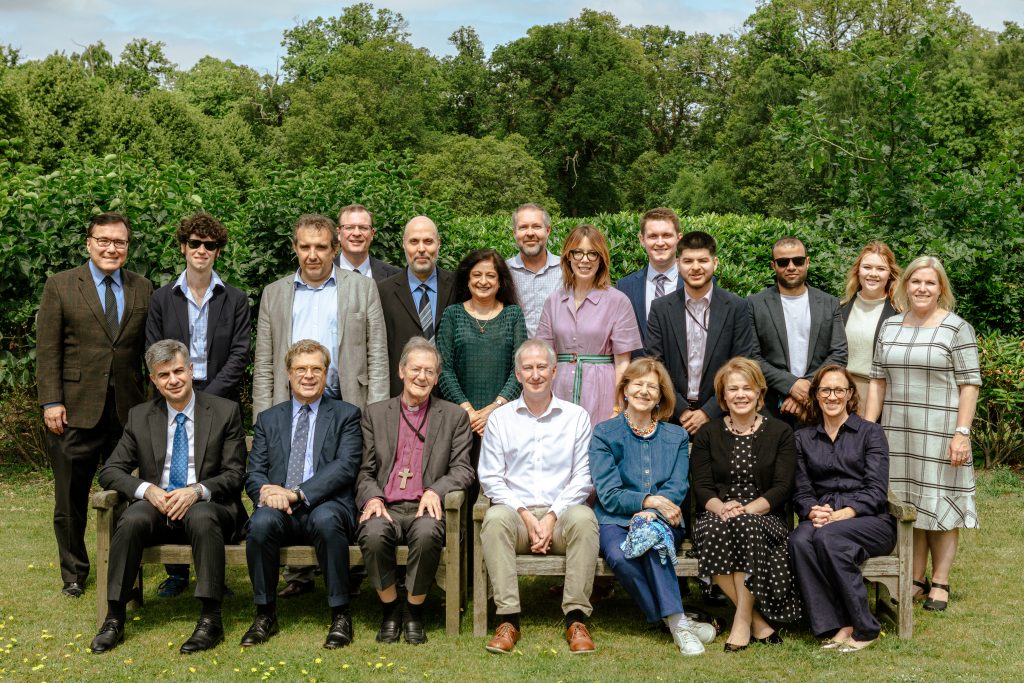On 3 August 2014, the Islamic State in Iraq and the Levant (ISIL/Daesh) invaded the Sinjar region of Iraq, instigating genocide against the Yazidi people. ISIL/Daesh killed more than 3000 Yazidis and abducted more than 6800, mostly women and girls. Ten years later, 2600 of the abducted remain missing. And more than 150,000 Yazidis still residing in IDP camps face an uncertain future, as camps face defunding and closure.
On 23–25 June 2024, the AMAR International Charitable Foundation reconvened its Windsor Dialogue conference series on the theme “The Journey from Outside to Inside,” focusing on the Yazidis’ ongoing journey from persecution to inclusion. Held at Cumberland Lodge, Windsor, the 2024 Dialogue discussed challenges Yazidis face as they transition from life in IDP camps to life in a now-devasted Sinjar region or elsewhere—challenges inherent in gathering a dispersed people and in making a faith portable, particularly when sacred land is integral to that faith.

In this feature, marking the tenth anniversary of the Yazidi genocide, Ewelina Ochab discusses the importance of implementing proactive mechanisms and measures to prevent future genocides, including the establishment of a UN Human Dignity Day.
Based on their presentations at the 2024 Windsor Dialogue, Sharon Eubank discusses the post-persecution Latter-day Saint experience in gathering and making faith portable; Brett Scharffs explains how the state, media, majority religions, and other institutions can be both agents of persecution and inclusion of religious minorities; and Malcolm Minoo Deboo reflects on the Zoroastrian community’s journey “from outside to inside.”
Ewelina Ochab. Human Dignity and Proactive Approaches to the Prevention of Genocide
Sharon Eubank. Making Faith Portable and Gathering a Faith Community in the Face, and Aftermath, of Religious Persecution
Brett G. Scharffs. Institutions as Agents of Persecution and Inclusion of Minorities Faiths
Malcolm Minoo Deboo. The Zoastrian Community Post-Religious Persecution
